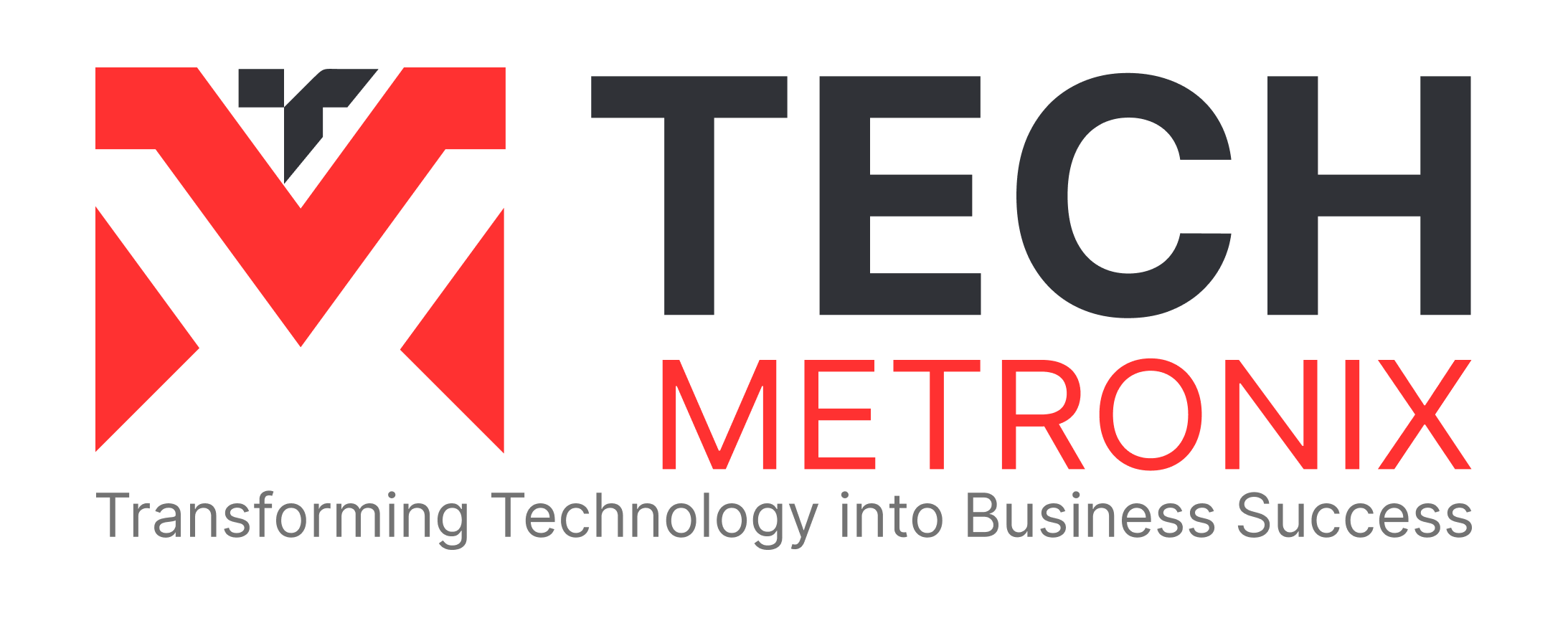In today’s digital landscape, businesses are constantly seeking ways to streamline their marketing efforts and generate more leads effectively. One such solution that has gained significant traction is marketing automation.
Marketing automation is the fuel that ignites the engine of lead generation, transforming prospects into loyal customers through personalized journeys and streamlined processes.
Understanding Lead Generation
Lead generation is the process of attracting and converting prospects into potential customers. It is a crucial aspect of any business’s marketing strategy, as it helps in identifying and nurturing individuals who have shown interest in the products or services offered.
Streamlining Lead Qualification
Marketing automation plays a vital role in streamlining the lead qualification process. By using predefined criteria and algorithms, businesses can automatically categorize leads based on their demographics, behavior, and engagement levels. This ensures that sales teams focus their efforts on leads that are most likely to convert, thereby maximizing their efficiency and productivity.
Personalized Communication
Another benefit of marketing automation is its ability to personalize communication with leads. Through data-driven insights and behavioral tracking, businesses can send targeted messages and offers to prospects based on their interests and preferences. This personalized approach not only enhances the customer experience but also increases the likelihood of conversion.
Lead Nurturing
Marketing automation enables businesses to nurture leads throughout the entire customer journey. By delivering relevant content and timely follow-ups, companies can keep prospects engaged and informed, ultimately guiding them toward making a purchase decision. This continuous nurturing process helps in building trust and credibility, leading to higher conversion rates.



Benefits of Marketing Automation for Lead Generation
Increased Efficiency
One of the primary benefits of marketing automation is increased efficiency. By automating repetitive tasks and workflows, businesses can save time and resources, allowing them to focus on more strategic initiatives. This improved efficiency leads to higher productivity and faster results, driving overall business growth.
Improved Lead Quality
Marketing automation also helps in improving lead quality. By leveraging data analytics and lead scoring algorithms, businesses can identify and prioritize high-quality leads that are more likely to convert. This ensures that sales teams are focusing their efforts on prospects with the highest potential value, resulting in better ROI and sales performance.
Enhanced Customer Experience
Marketing automation plays a crucial role in enhancing the customer experience. By delivering personalized and relevant content across multiple touchpoints, businesses can create meaningful interactions with prospects, building trust and loyalty over time.

